Mental health crisis affects over 1 billion people worldwide: WHO
Wed 03 Sep 2025, 01:01:52
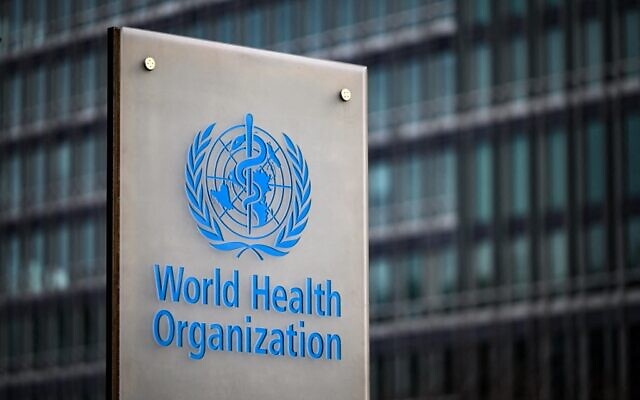
The world is facing a mental health crisis. More than 1 billion people are living with conditions such as anxiety and depression, according to new data from the World Health Organisation (WHO).
These conditions are affecting lives everywhere – across age groups, genders, and income levels – while placing enormous pressure on families, communities, and economies.
Mental health disorders are now the second leading cause of long-term disability worldwide. They rob people of healthy years of life, drain household savings through out-of-pocket expenses, and fuel global economic losses.
The numbers are hard to ignore: anxiety and depression alone cost the world economy an estimated US$ 1 trillion every year in lost productivity.
In India, one study, quoted in the WHO report, revealed that women with depression were three times more likely than others to spend more than half their household income on health care. These costs deepen inequalities and add further strain to already vulnerable families.
The findings are detailed in two new reports – World Mental Health Today and the Mental Health Atlas 2024. Together, they paint a mixed picture: while countries have made progress by updating policies and introducing school-based and community-level programmes, the pace of reform remains slow.
Spending on mental health has barely shifted. On average, governments dedicate just 2% of their health budgets to mental health – the same as in 2017.
The gap between rich and poor nations is striking: while high-income countries spend up to US$ 65 per person, in low-income countries the figure is as little as US$ 0.04.
Workforce shortages are still a major concern. Globally, there are only 13 mental health workers for every 100,000 people, with far fewer in low- and middle-income nations.
Most care is still tied to psychiatric hospitals, and community-based models of support are only slowly being introduced.
SUICIDE: A CONTINUING TRAGEDY
Suicide remains one of the most devastating outcomes of poor mental health.
In 2021, it claimed
727,000 lives, making it a leading cause of death among young people. Despite global targets to cut suicide rates by a third by 2030, current progress suggests only a 12% reduction will be achieved.
727,000 lives, making it a leading cause of death among young people. Despite global targets to cut suicide rates by a third by 2030, current progress suggests only a 12% reduction will be achieved.
The Covid-19 pandemic added new challenges. While global suicide rates stayed broadly stable during the first 15 months of the pandemic, some places, including New Delhi and Japan, reported increases, particularly among women and young people.
The pandemic also worsened levels of anxiety and depression, fuelled by isolation, financial stress, domestic violence, and job loss.
GENDER MATTERS
The reports confirm that mental health struggles cut across all demographics, but women are disproportionately affected. Anxiety and depression top the list of common conditions for both men and women, but women face added economic and social vulnerabilities, making their burden heavier.
Dr Tedros Adhanom Ghebreyesus, WHO Director-General, described transforming mental health services as “one of the most pressing public health challenges.”
“Investing in mental health means investing in people, communities, and economies – an investment no country can afford to neglect. Every government and every leader has a responsibility to act with urgency and to ensure that mental health care is treated not as a privilege, but as a basic right for all," he said.
Encouragingly, more than 80% of countries now provide mental health support as part of emergency responses – up from 39% in 2020.
School-based programmes, early childhood initiatives, and suicide prevention efforts are expanding. Telehealth is also making services more accessible, although not evenly.
The WHO says that progress in mental health care is happening, but it’s still too slow. To really make a difference, governments need to spend money fairly on mental health, protect people’s rights through strong laws, train and hire more mental health workers, and focus on care that is based in communities and centered around people’s needs.
Mental health is a fundamental right – one that demands urgent action.
No Comments For This Post, Be first to write a Comment.
Most viewed from Health
AIMIM News
Latest Urdu News
Most Viewed
May 26, 2020
Should there be an India-Pakistan cricket match or not?
Latest Videos View All
Like Us
Home
About Us
Advertise With Us
All Polls
Epaper Archives
Privacy Policy
Contact Us
Download Etemaad App
© 2026 Etemaad Daily News, All Rights Reserved.




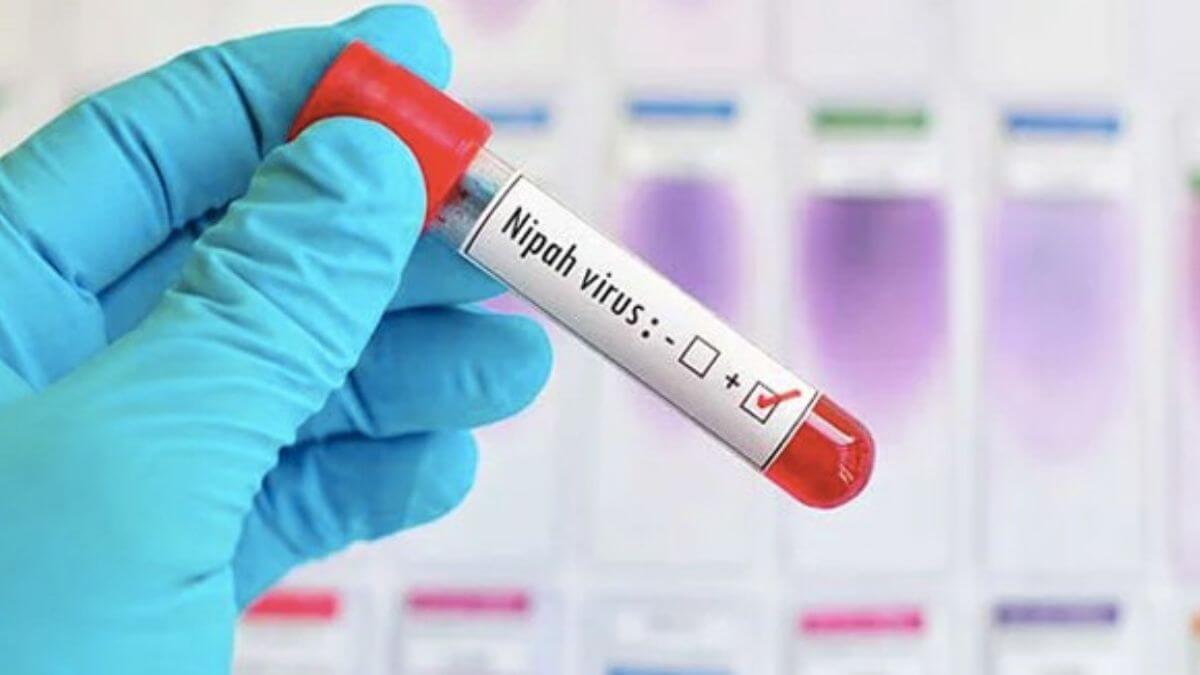

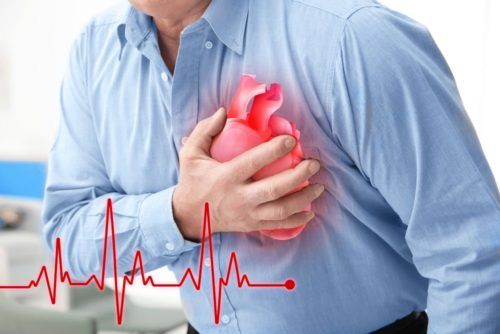

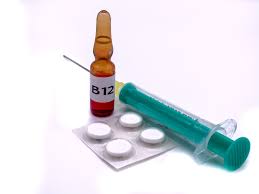


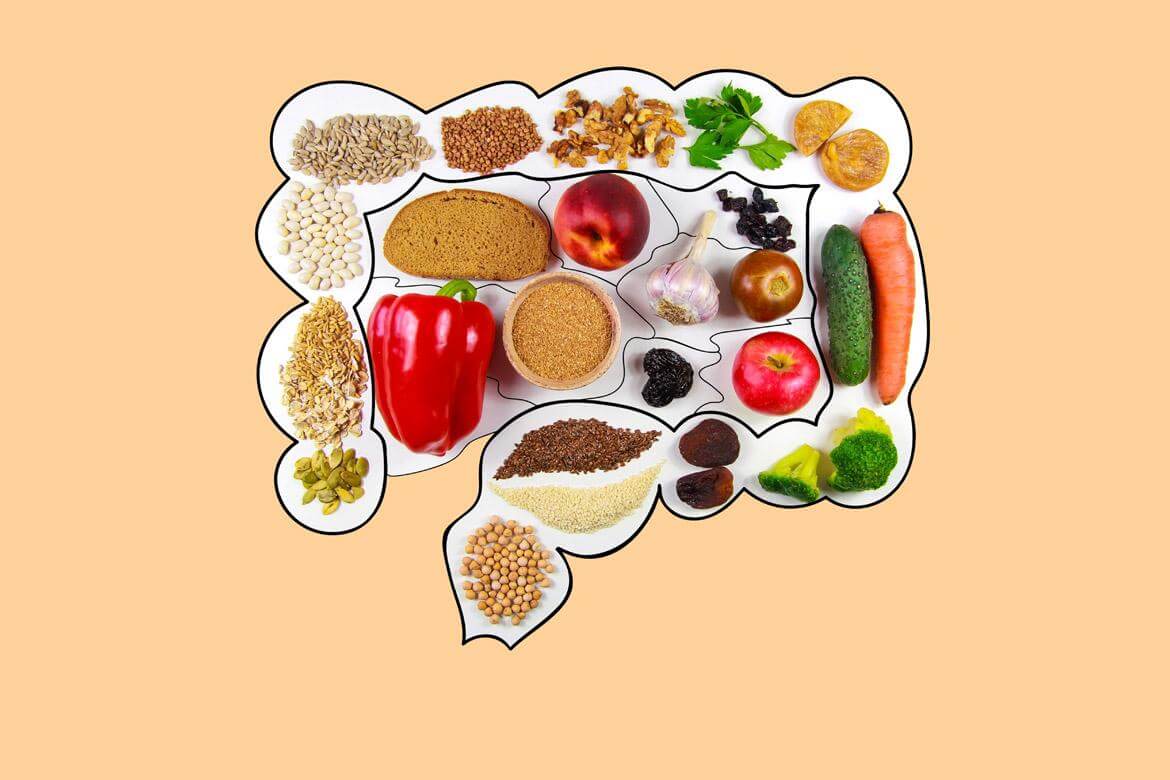













.jpg)
.jpg)
.jpg)


